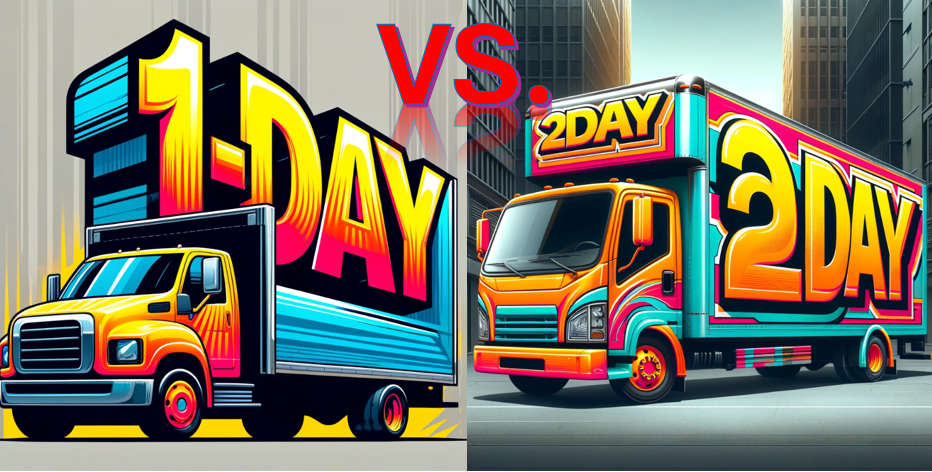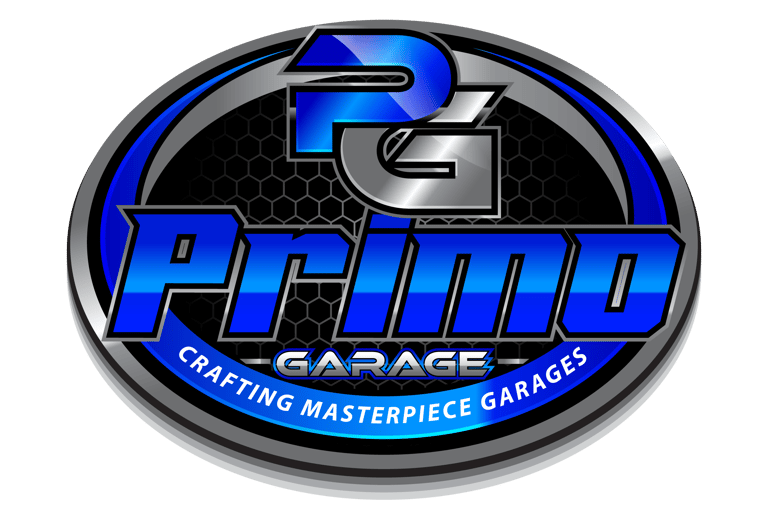One-Day Garage Floor? or Two-Day Garage Floor?
With the constant barrage of marketing messages from some of the biggest companies in the area, the question between a one-day floor and a two-day floor comes up quite often. While we offer both at Primo Garage, We hope this article will help educate you to decide on the right floor for you.
Primo Garage Installation Crew
5/30/20242 min read


Understanding the Truth Behind Claims About One-Day and Two-Day Garage Floor Systems
You want your garage floor to be awesome. And of course you want it fast, but how do you know which floor is right for your? At Primo Garage, we value transparency and education, and we aim to help you make an informed decision by dissecting the claims, clarifying what's true, misleading, or contextually out of place.
Evaluating Common Claims in the Industry
1. "Faster is Better" - Speed vs. Quality
Claim: One-Day systems are superior because they're faster.
Truth: Speed does offer immediate convenience, but it doesn't necessarily equate to quality. One-Day systems using polyurea often lack the deep penetration and bonding strength provided by epoxy in Two-Day systems. This can affect the long-term durability and integrity of the floor.
2. "Epoxy is Outdated Technology"
Claim: Polyurea is superior because it's a newer technology.
Reality: While polyurea offers excellent UV resistance and a faster cure rate, epoxy's bonding capabilities and moisture barrier properties are unmatched, especially in environments like Florida where moisture is a constant challenge. The 'old vs. new' technology argument is misleading because each material has specific strengths suited for different needs.
3. "Polyurea Offers Better Chemical Resistance and UV Stability"
Claim: Polyurea is always the better choice due to its resistance properties.
Context: While polyurea does offer superior chemical resistance and doesn't yellow under UV exposure, these advantages aren’t the first thing you are looking for in a base coat. Moreover, the topcoat used in both systems is the same polyaspartic material that does offer the UV and chemical resistance in the final layer where those qualities are truly an advantage.
4. "Epoxy Cannot Be Installed in Extreme Temperatures"
Claim: Polyurea is versatile for all climates, whereas epoxy is not.
Clarification: Modern industrial epoxies can be modified with different hardeners to adapt to various temperature conditions, making them just as versatile. This claim ignores the adaptability of high-quality epoxy systems.
The Importance of Base Coat in Durability
The base coat is arguably the most crucial element in the longevity and performance of a floor coating system. Epoxy base coats are renowned for their ability to form a strong, durable bond with concrete. On a properly prepped floor, the slower cure time allows the epoxy to wick deeper into the substrate resulting in thorough integration into the concrete, a feature that is critical in ensuring the longevity of the floor. On the other hand, the rapid curing nature of polyurea often leads to weaker adhesion, which could result in issues such as delamination over time, particularly in moist environments.
Primo Garage’s Recommendation: A Balanced Approach
At Primo Garage, we recommend a Two-Day system for most residential and commercial applications due to the superior durability, moisture resistance, and bond strength of epoxy. We use a hybrid approach—epoxy for the base coat and polyaspartic for the topcoat. This combination harnesses the strengths of both materials, providing a solution that is durable, visually appealing, and long-lasting.
Conclusion
Choosing the right floor system is about understanding the specific needs of your space and not being swayed by one-sided marketing claims. It’s essential to consider factors like climate, usage, and desired longevity. At Primo Garage, we commit to providing factual, straightforward information to help our customers make the best decisions for their homes and businesses.
Contacts
info@primogarage.com
Socials
Subscribe to our newsletter
(904) 944-4341
